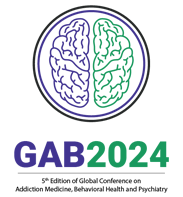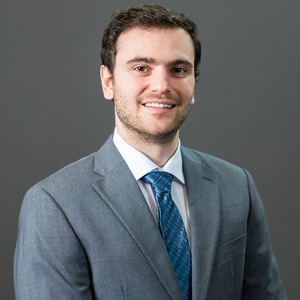Title : The will to power: A philosophical approach to self-harming behavior in adolescents
Abstract:
In mental health practice, navigating our own feelings of confusion and helplessness is a common challenge, particularly when working with adolescents exhibiting self-harming behaviors. Understanding why individuals would inflict intentional harm upon themselves can be difficult, and our inability to understand may hinder our ability to provide effective care. While maladaptive coping patterns can partially explain self-harming tendencies, delving into philosophical perspectives can offer deeper insights for enhancing treatment approaches. Throughout history, philosophers have explored the driving forces behind human behavior, seeking to elucidate fundamental motivations. Concepts such as the pursuit of happiness have been pivotal in explaining various actions, yet they fall short in comprehending self-injury. Friedrich Nietzsche, a 19th-century philosopher, introduces the notion of the "Will to power," which places power as the driving force of action. This framework of motivation does well to explain self-injurious behaviors in adolescence. Adolescence is a difficult period of hormonal and social changes. For many, it is the first time in a person’s life where they start to develop their unique personality and operate somewhat independently. However, due to adolescents' lack of social and financial autonomy, they can feel powerless in the face of life’s stressful events such as unhealthy school or home situations. Furthermore, the stressful parts of their life like their school and home seem like indomitable and inescapable powers that threaten their newly forming autonomy that comes along with adolescence. Self-harming behaviors in adolescents can be interpreted as a desperate endeavor to reclaim agency in their lives. This attempt to reclaim power works on multiple psychological levels. The most superficial level is power over their own body anatomy. Consciously or subconsciously, the act of self-harming is an expression that one’s own body is the one thing they can control amidst the chaos and turmoil they may be experiencing internally and externally. On a deeper level, self-harm represents an attempt to exert power over oneself. In philosophical terms, the self is divided into the "me" and the "I". The "me" encompasses our social identity, including perceptions and roles, while the "I" represents our conscious, active self. In a healthy individual, these aspects harmonize seamlessly. However, in cases of self-harm, there's often a disconnection between the two. Instead of functioning together, the conscious self dominates the social self through self-injury, seeking to regain a sense of control in areas where the individual is otherwise powerless.
In conclusion, understanding self-harming behaviors in adolescents necessitates a multifaceted approach that integrates psychological and philosophical insights. By recognizing self-harm as a complex expression of the quest for empowerment, mental health professionals can develop more nuanced and effective interventions to support individuals grappling with these challenges.
Audience Takwaway Notes:
- Philosophical perspectives, such as Friedrich Nietzsche's concept of the "Will to power," provide valuable insights into the motivations behind self-injury, emphasizing the pursuit of power as a driving force of action.
- Self-harming behaviors serve as both a superficial and deeper attempt to exert control: superficially over one's body anatomy and deeper within the self, reflecting a disconnection between the conscious self and social identity.
- Understanding self-harm requires a multifaceted approach that integrates psychological and philosophical insights, enabling mental health professionals to develop more effective interventions tailored to individual needs.



